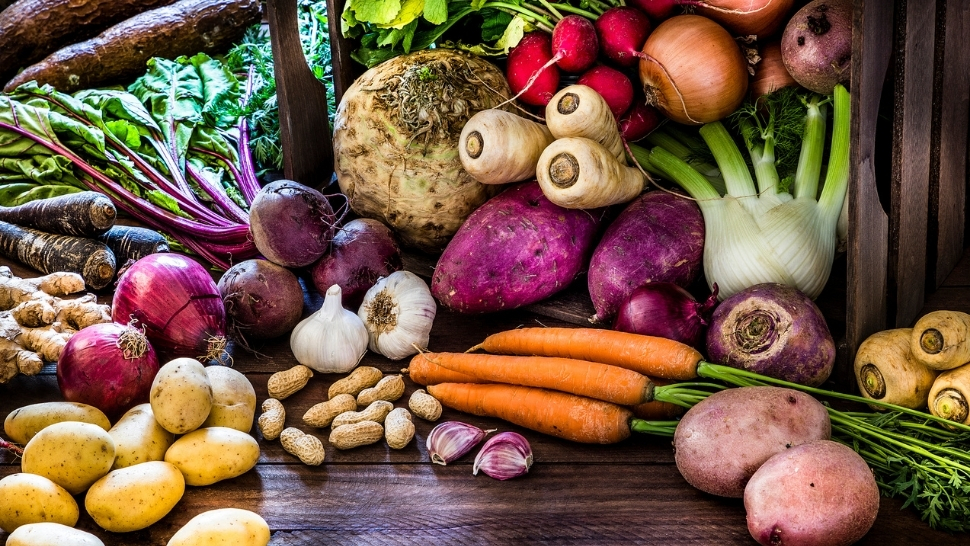
Food is a major contributor to our carbon footprint. Eating more plants in conjunction with less carbon intensive meat and animal-based food products play a role in protecting the earth.
Meat and dairy have the largest environmental impact of an omnivore’s diet. The Food and Agriculture Organization estimates that the meat industry alone generates nearly 1/5 of the man-made greenhouse gas emissions that are accelerating climate change worldwide. Additionally, these foods are typically high in nutrients that most Americans need to reduce, such as saturated fat and sodium, and low in health promoting nutrients such as vitamins, minerals, and fiber.
Perhaps more Americans would be happy to forgo beef and dairy if they knew they were doing something good for the environment — and did not have to give up flavor or their favorite dishes to do so!
Here are some suggestions to curb your climate impact:
Go for alternatives to milk, yogurt, and ice cream: There has never been an easier time to find replacements for dairy products made from soy, almonds (and other nuts), rice, oats, and hemp. They all have their own unique flavor and texture, so don’t be discouraged if one isn’t the right fit for you. If you enjoy these products regularly, choose those that are unsweetened and be aware that they don’t have the same protein content as milk and, unless fortified, will not offer the same amount of vitamin D and calcium.
Curb your cheese habit: Many look to cheese to finish off foods with that yum factor. There’s a plethora of non-dairy cheese products hitting the shelves. Try any variety of nut cheese, indulge in those made of fermented tofu products, or give your meal a sprinkle of nutritional yeast.
Blend the burgers: Not ready to give up your burger for a plant-based patty (yet)? Try blending them! Beef pairs well with beans and legumes or consider mixing it with whole grains, roasted mushrooms, or mashed eggplant a nutritious flavor bomb.
Rethink deli meats: Think no sandwich is complete without deli meat? Think again! There are many ways to create a protein-packed sandwich or wrap with plant-based foods. Try using hummus and other bean spreads, fresh or roasted vegetables, pesto, nut butters, seed butters, tofu, and tempeh. Pack on your favorite crunchy vegetables — think beyond lettuce and tomato to radishes, julienned carrots, cucumbers, beets, and more — to take your sandwich to the next level.
Go natural on plant proteins: There are many items on the market intended to mimic the taste and texture of meat. While they can be tasty, they are often high in sodium, low in other nutrients, and may contain ingredients that you would be better off not consuming, so enjoy them sparingly. Instead, choose whole plant-based proteins such as beans, legumes, nuts, seeds, quinoa, and other protein-rich whole grains.
Even small changes to your diet can make a significant difference. It is estimated that if every American went meatless just one day per week, the carbon savings would be equal to taking 19.2 million cars off the road for one year! Pair that with the health benefits of eating more plant-based meals, like reduced risk of cardiovascular disease, diabetes, and cancer as well as weight management, and that’s some motivation to reduce animal product consumption.